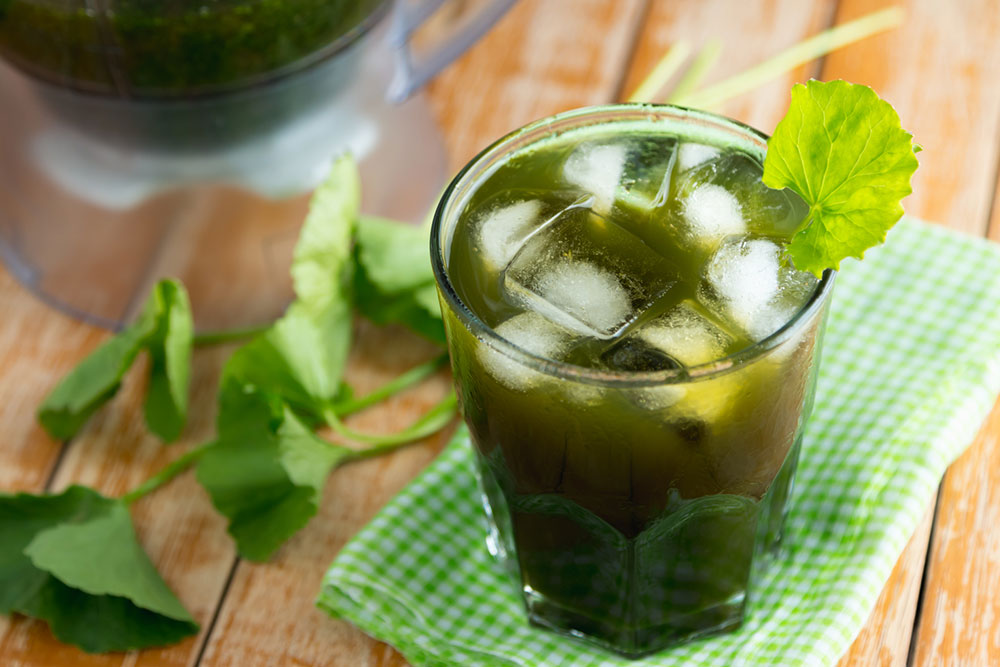Comprehensive Guide to Effectively Controlling Hypertension Naturally
Managing hypertension effectively requires a combination of lifestyle modifications, including diet, exercise, stress management, and healthy habits. This comprehensive guide provides detailed strategies to naturally lower blood pressure, reduce health risks, and improve overall cardiovascular health, emphasizing the importance of a balanced lifestyle alongside medical treatment for optimal results.

Effective Strategies for Managing Hypertension
High blood pressure, medically known as hypertension, is a prevalent health condition that affects millions worldwide. It occurs when the force of blood against artery walls is consistently too high, placing strain on the cardiovascular system. Understanding hypertension is crucial because unmanaged high blood pressure significantly increases the risk of severe health problems such as strokes, heart attacks, kidney disease, and other cardiovascular complications.
Blood pressure readings are expressed using two numbers: systolic and diastolic. Systolic blood pressure measures the pressure in your arteries when your heart beats, while diastolic measures the pressure when your heart rests between beats. A reading consistently above 140/90 mm Hg is considered hypertensive, though target levels may vary slightly based on individual health circumstances.
While medication prescribed by healthcare professionals plays a vital role in managing hypertension, lifestyle modifications are equally important. These non-pharmacological strategies can effectively lower blood pressure naturally, reduce the need for medication, and improve overall cardiovascular health. In this comprehensive guide, we explore proven methods to control hypertension through diet, physical activity, stress management, and healthy habits.
Maintain a Healthy Weight and Engage in Regular Physical Activity Excess body weight greatly increases the workload on your heart and blood vessels, leading to higher blood pressure levels. Achieving and maintaining a healthy weight through balanced nutrition and consistent exercise is fundamental in preventing and controlling hypertension. Incorporate activities like brisk walking, jogging, cycling, swimming, or aerobic classes into your daily routine. Aim for at least 150 minutes of moderate-intensity exercise per week, as recommended by health authorities. Regular physical activity not only helps in weight management but also improves the elasticity of blood vessels and enhances heart health, creating a protective effect against hypertension.
Follow an Anti-Hypertensive Diet Dietary choices directly impact blood pressure levels. Emphasize consuming a diet rich in fruits, vegetables, nuts, seeds, whole grains, and lean proteins. The Dietary Approaches to Stop Hypertension (DASH) diet is specifically designed to reduce blood pressure. It emphasizes foods high in potassium, magnesium, and calcium, which help in vasodilation and fluid regulation. Limit sodium intake by avoiding processed, canned, and deli foods that are loaded with salt. Strive to keep sodium consumption below 1500 mg per day. Cooking fresh meals at home using herbs, spices, and salt alternatives can significantly reduce processed food consumption. Incorporating foods like bananas, sweet potatoes, spinach, and beans can boost potassium intake naturally.
Optimize Vitamin and Mineral Intake Enhancing your intake of essential nutrients can support blood pressure control. Vitamin C, abundant in citrus fruits such as oranges, grapefruits, and lemons, helps eliminate excess sodium from the body. Adequate vitamin D levels are also linked to better blood pressure regulation; spend time outdoors to get sunlight exposure or include fortified cereals and fatty fish like salmon and mackerel in your diet. Magnesium-rich foods like nuts, seeds, and leafy greens are also beneficial, as magnesium helps relax blood vessel walls, reducing hypertension risk.
Adopt Stress Management Techniques Chronic stress can lead to persistently elevated blood pressure. Managing stress effectively is crucial for maintaining healthy blood pressure levels. Practice relaxation techniques such as deep breathing exercises, progressive muscle relaxation, meditation, and yoga. Engage in hobbies or activities that bring joy and mental calmness, such as gardening, listening to music, or reading. Regular mindfulness practices can significantly lower stress hormones and help maintain arterial health. Creating a routine that includes relaxation and mental health care can improve blood pressure stability over time.
Limit Alcohol, Quit Smoking, and Curb Caffeine Intake Lifestyle habits like alcohol consumption, tobacco use, and excess caffeine intake directly influence blood pressure. Limiting alcohol to moderate levels (up to one drink per day for women and two for men) helps prevent spike in blood pressure. Smoking damages blood vessels, narrows arteries, and increases cardiovascular risk; quitting smoking is perhaps the most impactful change you can make for blood pressure control. Caffeine's impact varies among individuals, but excessive intake can cause temporary spikes. Monitor your caffeine consumption and observe how your blood pressure responds. Regular blood pressure monitoring, combined with medical guidance, can help you make informed decisions about lifestyle adjustments.
In conclusion, managing hypertension effectively requires a multifaceted approach that combines medical treatment with lifestyle changes. Regular check-ups, a balanced diet, physical activity, stress reduction, and avoiding harmful habits are key strategies to prevent complications related to high blood pressure. By adopting these habits, you can take control of your cardiovascular health and enjoy a better quality of life.





